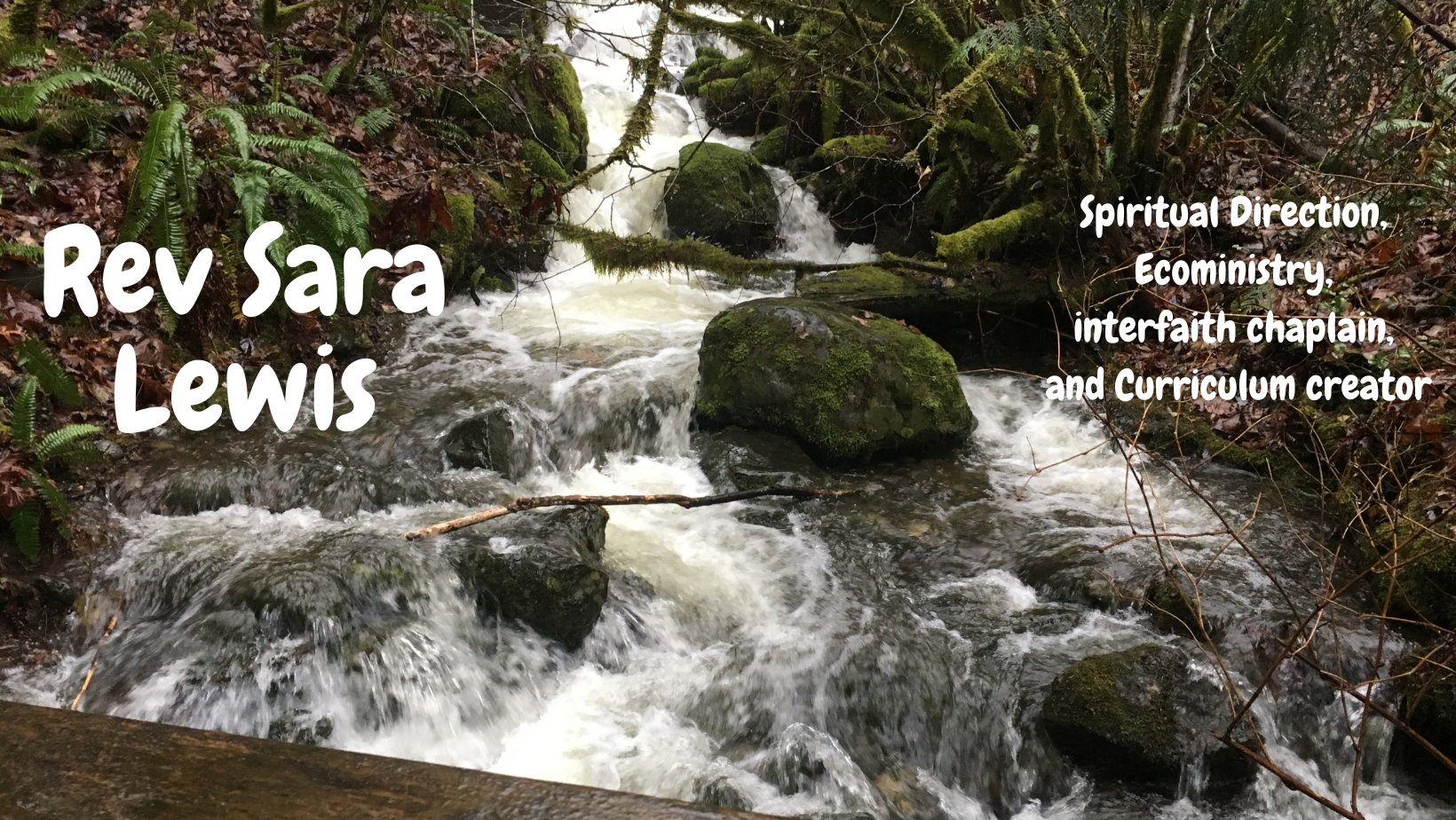A three-session program for adults to explore what religious trauma is and to begin finding healing practices and beliefs for themselves.
This curriculum is offered on a voluntary fee basis with a sliding fee of $0-$50 suggested. If you would like to make a payment for use of this program you can do so on paypal to revsaralewis@gmail.com or on venmo to @Sara-Lewis-187. Request an invoice if you require one for your record keeping.
Please note that this curriculum is explicitly about trauma and should be facilitated with trauma awareness. When practicing trauma-informed facilitation, one model is known as the Four Cs: calming, containing, caring, and coping.
Calming means helping participants pay attention to how they are feeling, and if the group or some individuals are feeling stress, encouraging them to practice deep breathing or take a short break.
Containing involves cutting off discussions that may bring up some participants’ memories of past trauma or make them feel pressured to disclose such trauma. Such conversations risk making some participants feel emotionally or physically unsafe. By limiting engagement with past trauma, you can contain further trauma. This curriculum is not meant to force any participant to disclose their own stories of trauma, no one should feel pressured to share more than they are comfortable sharing.
Caring means both practicing self-care and being compassionate to yourself and others. Something as simple as “that sounds really hard” or “I’m sorry that happened to you” can be good expressions of care. Some participants may need care beyond the scope of what you can offer, and they should be encouraged to seek additional pastoral care or mental health counseling.
Coping means encouraging all participants to support one another if someone experiences trauma, helping all access their own tools of resiliency.
You can explore ACES Aware and the UU Mental Health Network for additional resources.
